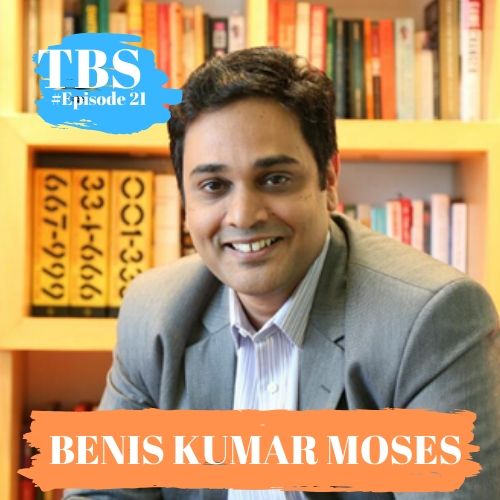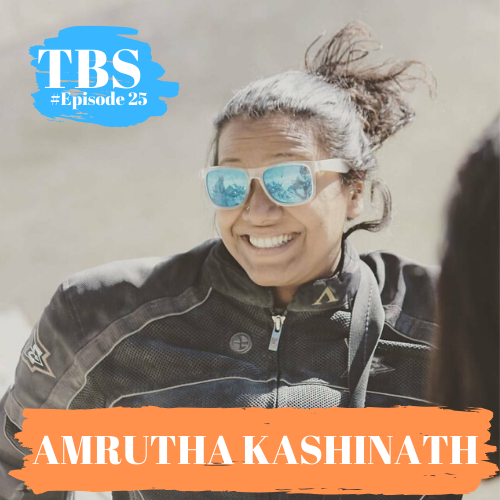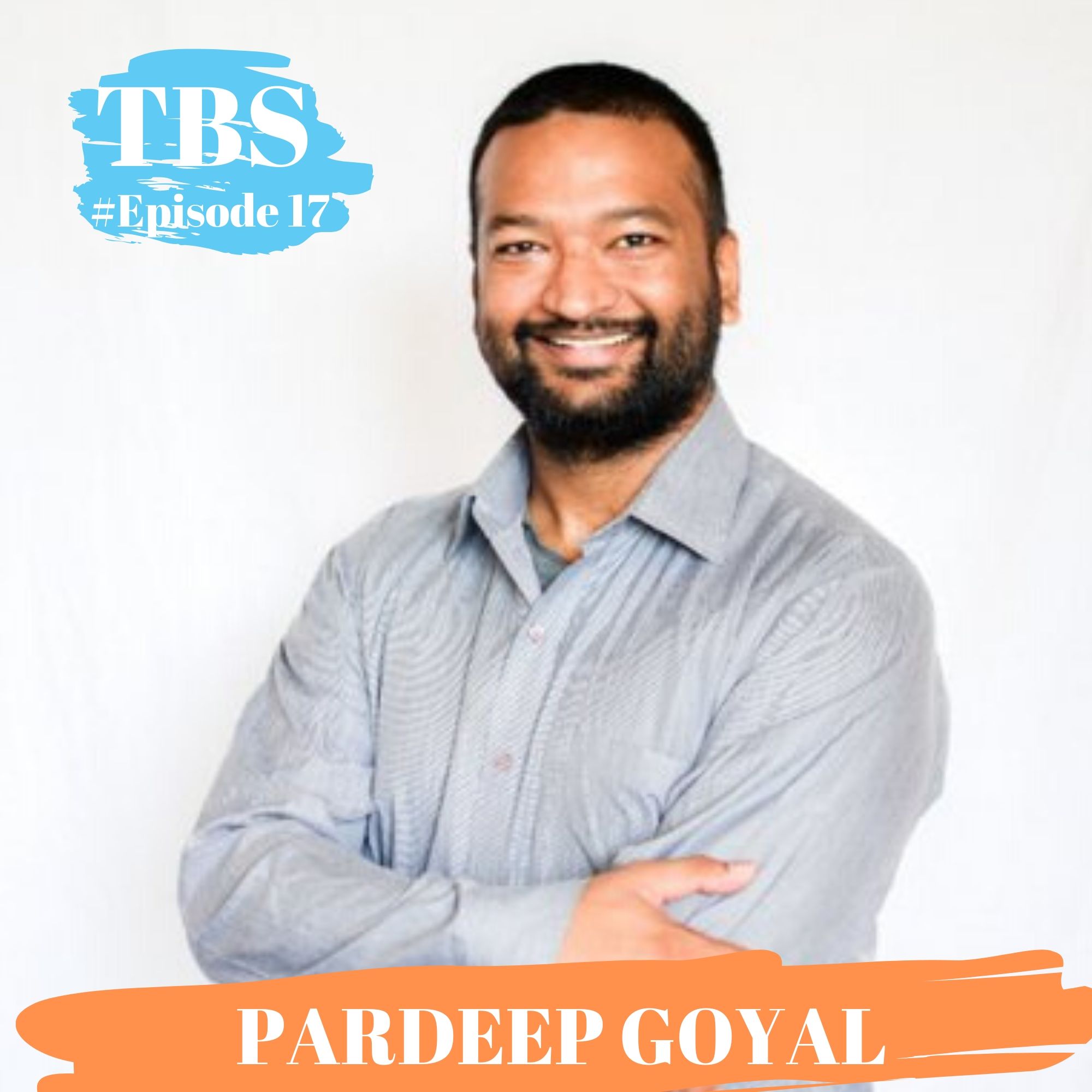How to save money? Lessons from Behavioural Science with Benis Kumar Moses
Description
This is our third episode in the personal finance series where we try to learn how to save money to do what we love from a Behavioural Science perspective. Behavioural Science tries to understand why humans behave the way they do & then design effective systems to influence human behaviours for better outcome.
My guest today is Benis Kumar Moses. Benis is a Behavioural Architect at India’s leading Behavioural Science consulting firm Finalmile Consulting. His close to two decades of experience in financial services market offers him a deep understanding about people and their relationship with money. We discuss about the biases that stops us from saving money, how to reduce the gap between what we intend to do & what we do and how to improve our ability to deal with uncertainty.
You can find the list of all resources and links mentioned in the episode at https://thebreakschool.com/saving-money
Questions from the episodes -
- What is Behavioral science? (02:09 )
- Why does there exists huge gap between what we intend to do and what we really do? (03:36 )
- What systems can we build to reduce Intent – Action gap? (06:44 )
- How can recreating the decision making context help us reduce intent action gap? (08:56 )
- Can automating a few processes ensure that individuals follow rules and regulation they have decided to follow? (12:51 )
- What is Prospect theory? Can it help us understand why we don’t save money?
- What kind of biases stops us from saving money? (20:24 )
- Is there any thing else other automating our saving that could help us save more? (25:26 )
- Our goal is here is to save enough money to do what we love. Can you suggest a way to allocate my assets, a broader framework? (31:33 )
- Does tracking your expenses help reduce your expense? (34:35 )
- Can you name some of the tools or professional who you think can help people redefine their relationship with money? (36:50 )
- What are the basic financial concepts that every individual must be aware of? (39 min,14)
- How can we improve our ability to take risks? (41:24 )
- 3 big Take Aways (46:19 )

















